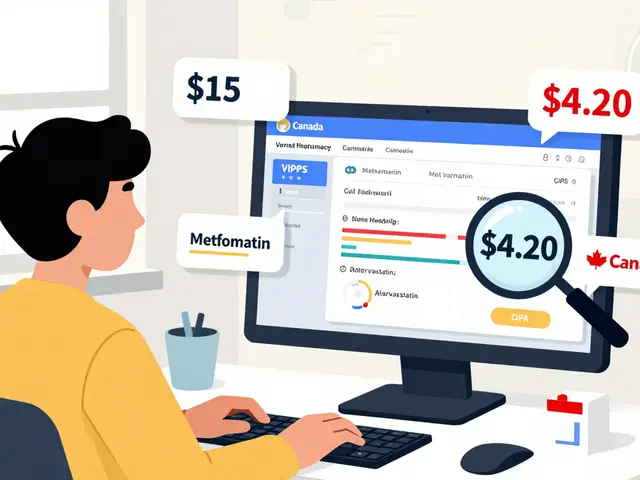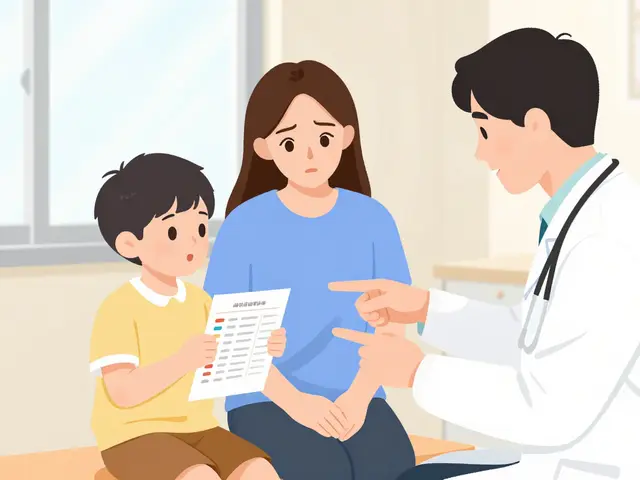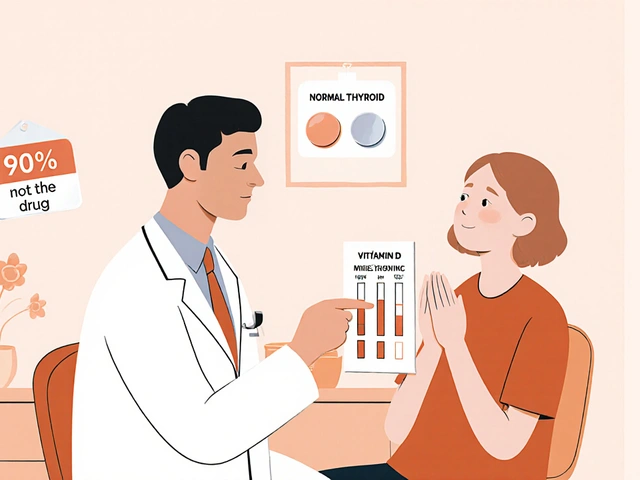Evodia — What It Is, How People Use It, and What to Watch For
Want a quick, useful take on evodia? This herb shows up in traditional Chinese medicine for stomach aches, headaches, and pain. Recently, some supplements market evodia for weight loss and energy. That sounds promising, but the research is small and mixed — so you need practical ways to use it safely.
Evodia contains compounds called evodiamine and rutaecarpine. Lab studies show these compounds can affect digestion, circulation, and nerve signals. A few small human trials report mild benefits for digestion and blood flow, but there isn’t strong evidence for weight loss or long-term use. Treat those claims with caution.
Common uses and realistic expectations
People try evodia for tummy discomfort, bloating, headaches, and sometimes as part of a multi-herb formula for energy. If you decide to try it, expect gentle effects at best. It can help some people with mild digestive complaints, but it’s not a miracle cure. If symptoms are severe or persistent, see your doctor rather than relying on a supplement.
Safety, side effects, and interactions
Side effects are usually mild — stomach upset, nausea, or headaches. Serious problems are rare but possible. Evodia may affect blood pressure and heart rate, so avoid using it with prescription blood pressure meds unless your clinician says it’s safe. It can also interact with blood thinners and drugs processed by the liver.
Don’t take evodia if you are pregnant or breastfeeding. Children and people with heart disease should avoid it unless under medical supervision. If you’re on multiple medications, ask a pharmacist or doctor before starting evodia; they can check for interactions based on your exact drugs.
There’s no universal dose. Supplement labels vary a lot. Start low, follow the product instructions, and pay attention to how you feel. If you notice palpitations, dizziness, or any unusual symptoms, stop and seek medical advice.
Want a safer buy? Pick products with clear ingredient lists, batch numbers, and third-party testing if possible. Look for brands that list the amount of evodiamine or give an extract ratio. Avoid vague labels that just say ‘herbal blend.’
If you care about evidence-based choices, cross-check any bold health claims. Search for human trials or read summaries from trusted sources. On this site you’ll also find guides about other supplements and how herbs can work with medications — those pages can help you compare options and pick what fits your needs.
Questions about dosing, safety, or brand picks? Ask your healthcare provider or a pharmacist. If you want, browse our related articles on herbal supplements and drug interactions to learn more before trying evodia.

In my recent blog post, I've explored Evodia, a dietary supplement that's been making waves in the health world. This comprehensive guide delves into why Evodia could be the supplement you've been waiting for. It details the numerous potential health benefits of Evodia, including its anti-inflammatory and antioxidant properties. The guide also explains how to properly incorporate this supplement into your diet. Understanding Evodia and its benefits could be a game-changer for your health routine.






